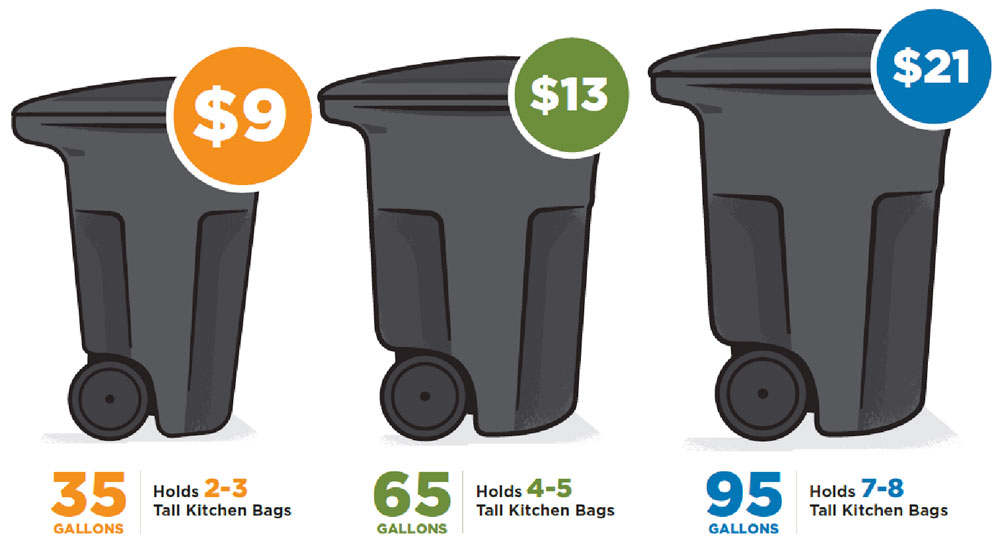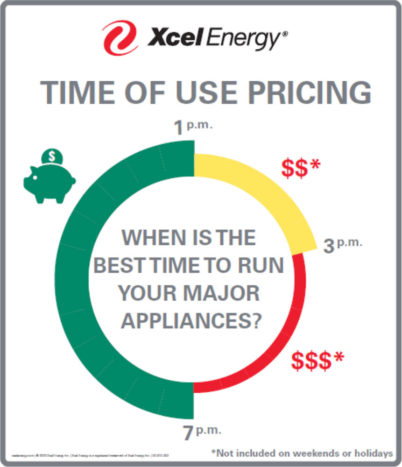1) Four Northfield HS Students Charged with Misdemeanors in Paintball Gun Incident
Prosecutors with the Denver DA’s Office announced on June 17 that they had filed charges against four students from Northfield High School. “On May 26, 2022, one of the boys brought a ‘splatter ball gun’ to the school. While all of the involved students knew it was not a real gun, school personnel did not and responded as if it were an actual active shooter incident,” according to the DA’s press release. “Under applicable state laws, all four juveniles were charged with two misdemeanor counts: Disorderly Conduct – Display Real or Simulated Weapon and Conspiracy to Commit Disorderly Conduct- Display Real or Simulated Weapon. Because of their ages, two of the four boys are 15-years-old and two are 16-years-old, their identities and arrest photos are being withheld.”
The incident occurred two days after the shooting in Uvalde, Texas. According to multiple news reports, police arrived on campus within three minutes—and the 9:30am incident resulted in a lockdown at Northfield High School until approximately 11am, when classes were dismissed for the rest of the day.
Denver DA Beth McCann said in the press release, “I want to commend the Denver Police Department and the school administration for their quick and decisive action in responding to what could have been a tragic situation. The situation was handled well by all involved.”
2) Denver Poised to Start Volume-Based Pricing of Trash Pickup in 2023
As of the June 20 City Council meeting, Denver appeared ready to approve a fundamental change in its trash/recycling/compost pickup policy. The final vote was scheduled for June 27, after this paper went to press. The bill authorizes free weekly recycling and composting starting Jan. 1, 2023. Trash pickup, also weekly, will be billed based on the size of the cart, as shown in the graphic below.

Graphic courtesy of City of Denver
Volume-based pricing has proved effective in other cities. Denver, with a waste diversion rate of 26%, lags the national rate of 34% and significantly lags many other cities (Portland 81%, Los Angeles 76%, Boulder 53%, Salt Lake City 40%). Instant rebates will be available for low-income and fixed-income households. Residents can apply for a smaller cart any time and get their billing adjusted.
Since 2005, Denver has reduced emissions in commercial buildings by 39% and has reduced transportation emissions by 30%. But waste diversion (to recycling or compost) has not improved in that time. Broader participation in composting will reduce methane emissions in landfills caused by food scraps and yard waste. Methane is 84 times more potent than carbon dioxide in trapping heat in the atmosphere; composting produces a product that creates healthier and more drought-resistant soils. (Information taken from City Council documents relating to this bill.)
3) Denver Climate Action Rebates—eBikes and Renewable Energy Upgrades for Homes
After Denver announced its e-bike rebates, they had to pause the program as of May 11 due to the overwhelming response. They are not currently accepting applications, but the process will be opened again for a limited number of additional rebates. Sign up for Denver Climate’s newsletter to learn when applications for the rebate will become available at DenverGov.org/HomeEnergy.
Denver Climate’s first round of funding for renewable energy upgrades for homes ended with projects completed by June 24, but residents can learn about projects covered and timing of additional funds from the website and newsletter listed above. Rebates for up to 80% of the total cost include installation of heat pump heating & cooling systems and water heaters, solar, battery storage, EV charging wiring, and electric service upgrades to cover these projects.
4) Xcel’s Time-of-Use Pricing And Rebates for Energy-Efficient Products

In Xcel’s time-of-use pricing, rates are lowest from 7pm to 1pm; mid-priced from 1pm to 3pm; highest from 3pm to 7pm. Graphic courtesy of Xcel energy
Xcel’s time-of-use pricing is being instituted to prevent overloads during high usage times as Xcel moves toward their goal of 100% carbon-free electricity by 2050 and cutting emissions by 25% by 2030. If the time-of-use meter has been installed at your home by Xcel, you can now view your electricity usage in your online account in intervals as short as 15 minutes to help make your plan for reducing usage during peak times. Online bills have a direct link to Xcel’s rebates for energy-efficient improvements (https://co.my.xcelenergy.com/s/residential) including thermostats, LED bulbs, water heaters, heating and cooling systems, and even cellular shades. Customers can choose not to participate in time-of-use pricing.



0 Comments